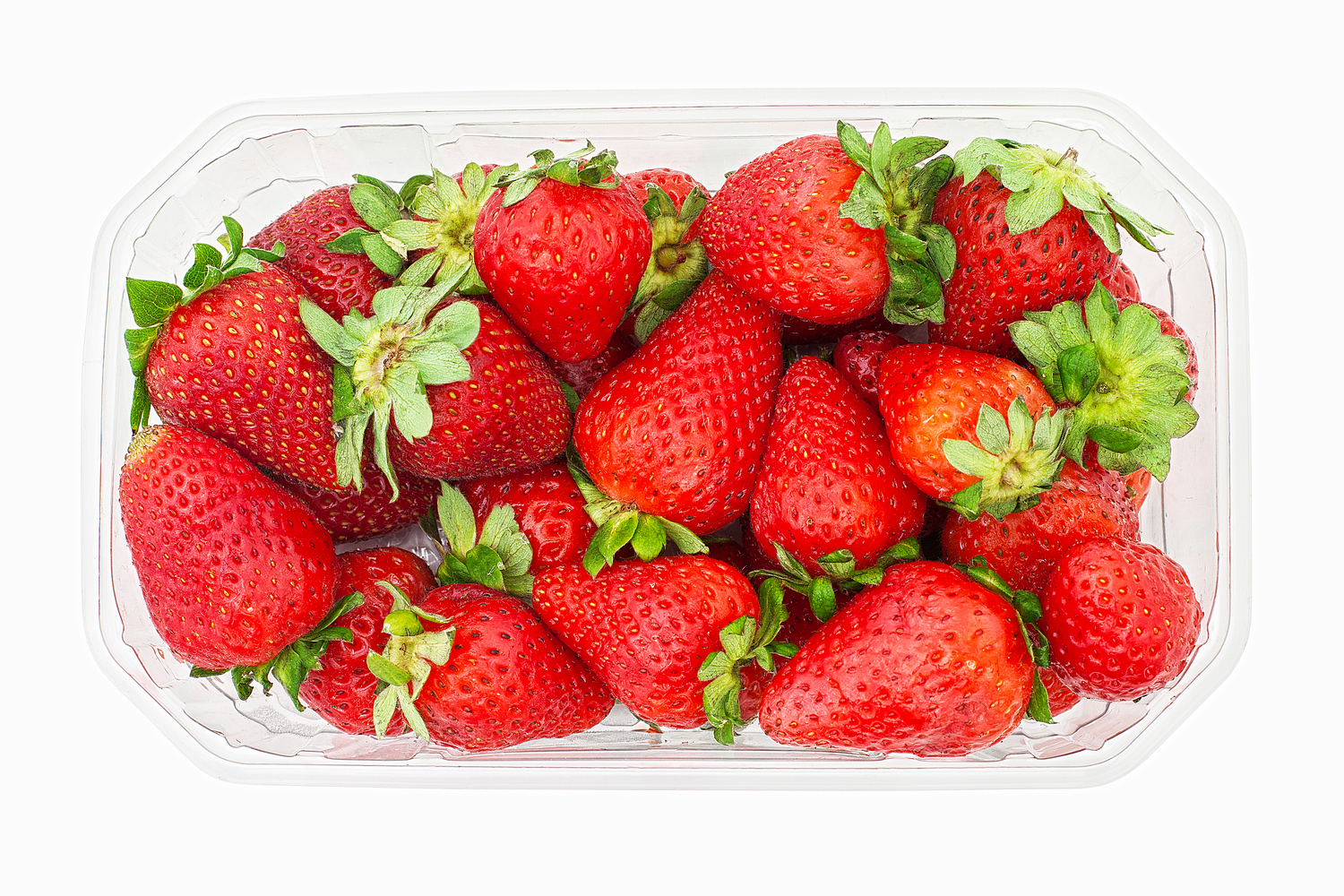
Foods That Can Help Patients Deal With Menopause
Menopause is a natural part of aging for the vast majority of women. During perimenopause (the years leading up to full menopause) women may experience several uncomfortable symptoms, such as hot flashes, water retention, loss of libido, anxiety and sleep issues, etc. While these symptoms often vary from woman to woman, they are often the result of hormone fluctuations (estrogen and progesterone) during perimenopause.
Menopause marks the point in which a woman has gone a full 12 consecutive months without a menstrual period. However, until that time, many may women opt for menopausal hormone replacement therapy in addition to several lifestyle and dietary changes, including the following foods, which have been known to help reduce adverse symptoms during perimenopause:
1. Spinach and kale
In several research studies, menopausal women have found that increasing the consumption of leafy greens in the diet can reduce some physical symptoms experienced during perimenopause. Leafy greens such as spinach and kale boost specific vitamins that help reduce hot flashes and improve heart function. Leafy greens also provide calcium for strong bones, which can help prevent osteoporosis and prevent the loss of bone density.
2. Yogurt
Yogurt is another food that can add calcium to the diet and improve bone health during perimenopause. In addition, vitamin D from yogurt helps improve bone density. Some studies have demonstrated that the regular intake of low fat dairy can delay the onset of early menopause by up to 17%.
3. Fatty fish
Oily fish such as salmon, tuna, mackerel, and sardines when consumed by perimenopausal women provide valuable omega-3 fatty acids which are beneficial for maintaining heart health and memory function in later life. Omega-3 fatty acids can also stimulate antioxidant production in the body, which supports skin and joint health, and delays the aging process.
4. Dark berries
Some studies show that regular consumption of dark berries such as blueberries, raspberries, and strawberries can help lower blood pressure in middle-aged women. Menopausal women also reported fewer hot flashes and better sleep, less depression and better focus and brain function after adding dark berries to their daily diets. Berries are also a good source of antioxidants, which are useful in combating insomnia.
5. Flax and chia seeds
Flax and chia seeds are both excellent sources of omega-3 fatty acids, which studies show help lower cholesterol levels. One study found that the consumption of around 40 grams of either seed per day in a group of menopausal women, had natural benefits similar to hormone therapy for improving symptoms such as night sweats and hot flashes, while also easing constipation.
6. Broccoli and cauliflower
Cruciferous vegetables such as broccoli and cauliflower are beneficial at any age, but in one study of perimenopausal women, incorporation of these veggies demonstrated a positive impact on estrogen levels, reducing the risk of breast cancer development. Broccoli in particular is thought to be beneficial in balancing hormones, which also serves to ease several perimenopausal symptoms.
Food researchers have known for decades that what we eat plays a large role in our overall health. Dietitians are now beginning to appreciate the importance of a balanced diet and the addition of certain foods to the diet’s of women experiencing perimenopause, for overall health and the alleviation of symptoms. The better we eat, the better we feel, particularly as we age.



